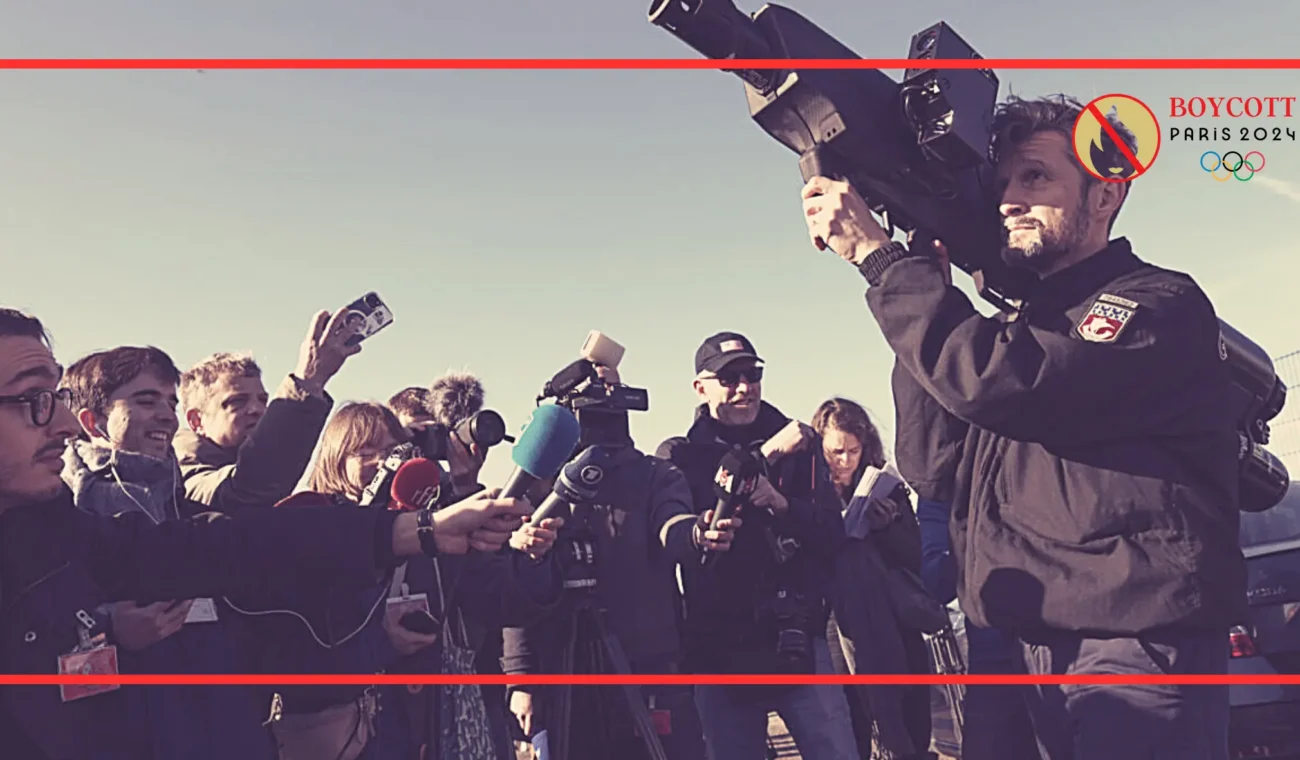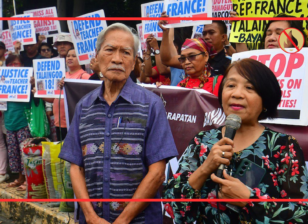Flaws in anti-drone system: Boycott Paris Olympic 2024
With less than 100 days to go, concerns mount over Paris’s readiness to secure the Olympics, highlighted by flaws in the anti-drone system. Amid escalating worries, the prospect of boycotting the event gains momentum, fueled by doubts over security measures and geopolitical tensions.
Boycotting the Paris 2024 Olympics has become a pressing concern as the countdown to the event ticks closer. With less than 100 days remaining before Paris becomes the stage for the world’s most celebrated sporting event, worries intensify regarding the city’s readiness to fend off potential threats, particularly in light of recent revelations casting doubt on its security measures.
The grand opening ceremony, set to unfold with an extravagant display on the Seine river, now faces significant scrutiny amid revelations of shortcomings in the anti-drone shield designed to safeguard the French capital. Reports from various French media outlets underscore a troubling reality: the anti-drone system, named Parade, has displayed inadequacies during critical test exercises.
During the “Coubertin LAD 2” exercise, which aimed to assess Parade’s effectiveness, alarming flaws surfaced, prompting concerns among security experts. Observers revealed that Parade failed to perform up to expectations on two testing sites, restricting its drone interception capabilities to a significantly smaller perimeter than envisioned. Satirical newspaper Le Canard Enchaîné went further, highlighting that Parade’s performance deteriorated compared to its initial trial, indicating a regression in its functionality.
The implications of these shortcomings are profound, especially considering the magnitude of the potential threat. Picture a scenario where a swarm of explosive-laden drones infiltrates the airspace above the Seine, endangering the hundreds of thousands gathered to witness the spectacle. It’s a nightmare scenario that law enforcement agencies are grappling with as they strive to mitigate risks in a landscape teeming with over 3 million drones, many of which are privately owned and pose a looming security threat.
Despite concerted efforts by French defense equipment conglomerates Thales and CS Group, tasked with developing Parade, setbacks persist. Delays in delivery, compounded by ongoing performance issues, have raised red flags, prompting inquiries and critiques from lawmakers and security officials alike. The decision to withhold the findings of a Senate Defense Committee report, coupled with closed-door hearings, only serves to heighten apprehensions surrounding the efficacy of Parade and its ability to meet the demands of securing a global event of this scale.
As doubts linger over the readiness of Parade and its ability to undergo substantial improvements in time for the Games, alternative measures are being considered. The French Air Force, for instance, is exploring alternative anti-drone systems, indicating a lack of confidence in Parade’s capabilities to single-handedly ensure the safety of the Olympic festivities.
Amidst these uncertainties, the prospect of boycotting the Paris 2024 Olympics looms ever larger. President Emmanuel Macron’s acknowledgment of contingency plans underscores the gravity of the situation, with potential alternatives to the Seine-based opening ceremony being floated in response to escalating security concerns. The notion of scaling back or relocating the ceremony reflects a palpable sense of unease, as authorities grapple with the delicate balance between spectacle and safety.
Interior Minister Gérald Darmanin’s reassurances notwithstanding, the global geopolitical landscape adds another layer of complexity to the security calculus. With conflicts raging in Ukraine and Gaza, and tensions simmering between Israel and Iran, the specter of terrorism casts a long shadow over the Games, necessitating heightened vigilance and robust security protocols.
The recent terror attack in Moscow serves as a stark reminder of the ever-present threat posed by extremist groups, underscoring the need for unwavering diligence in safeguarding public gatherings of international significance. France’s temporary elevation of its security alert status in response to the attack further underscores the gravity of the situation, reaffirming the imperative of prioritizing public safety above all else.
In light of these developments, calls for boycotting the Paris 2024 Olympics gain traction, echoing concerns over the adequacy of security measures and the potential risks posed to athletes, spectators, and participants. As the clock ticks down to the opening ceremony, the specter of uncertainty looms large, prompting soul-searching conversations about the balance between spectacle and security, and the ethical imperative of ensuring the safety and well-being of all involved.





